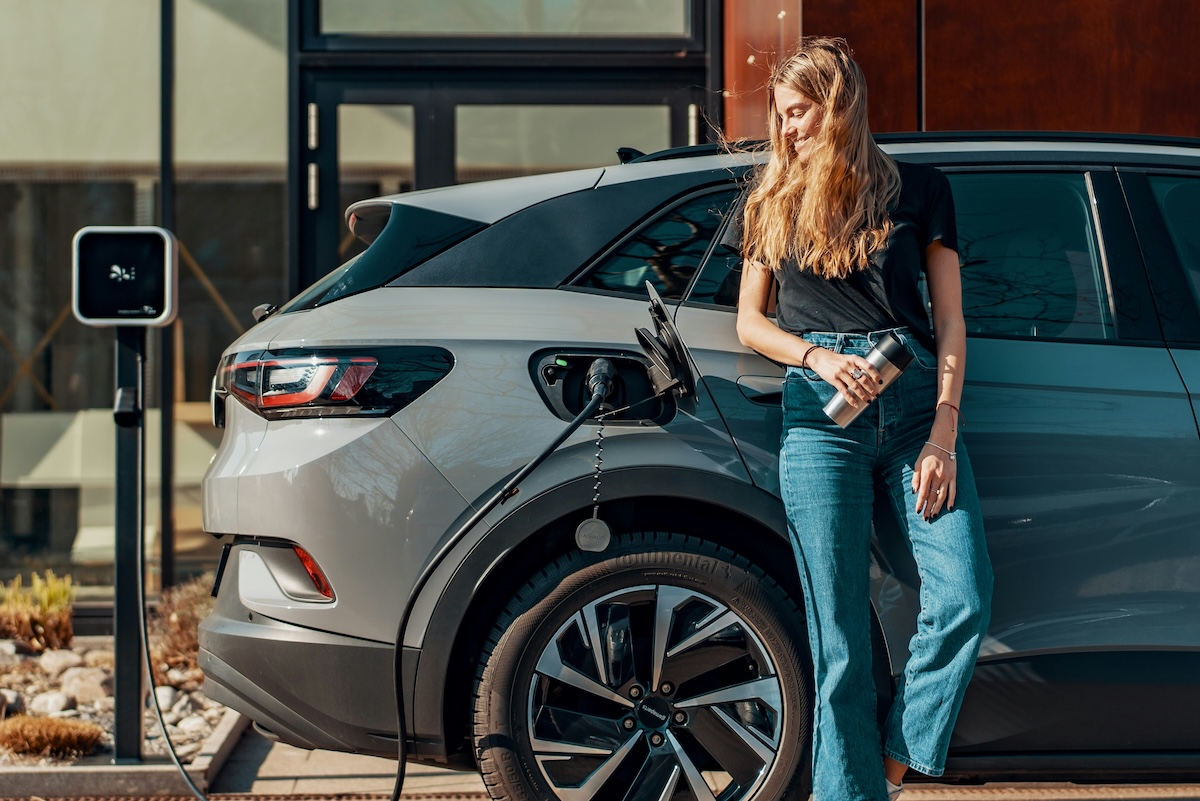

Big EV companies think that 'range anxiety' is the only thing keeping potential buyers out of their electrified driver's seats, but new data out today shows it's more than that. Here's what's stopping Aussies from buying EVs.
Two curious pieces of data dropped early Wednesday morning, all pointing to why Australians won't join the electrified future. Data from an exclusive Fairfax poll asks the real questions to potential EV owners. Meanwhile, the Australian Automotive Dealer Association has also dropped a nugget of wisdom on us.
So, what's keeping Aussies behind the wheel of petrol-power?
Data from a Fairfax and Resolve out today showed that 35% of Australians surveyed would be buying petrol or diesel for their next vehicle when purchasing in the upcoming 12-24 months. Less than a third of respondents (11%) said they'd be looking at fully electric. Many, however, are putting their feet in both camps, with 21% saying they'd go hybrid and another 12% said they were unsure.
Other barriers included:
Head over to the SMH to read the full results and take in all those wonderful graphs.
Fresh figures from the Australian Automotive Dealer Association (AADA) show that electric vehicles are losing value faster than any other category in the used car market. While total used car sales stayed steady in September (200,916 vehicles sold nationally) price drops in the new EV market are rippling through to the second-hand sector, dragging down resale values.
“Used EV prices have dropped faster than the rest of the market, which isn’t surprising given the big discounts now being offered on new models,” said AADA CEO James Voortman. “We’re seeing those price cuts flow through to the second-hand market, so buyers are getting better value but sellers are facing steeper depreciation.”
That’s a problem not just for private owners, but for trade-ins and fleet operators too. Falling resale values reduce dealer margins and inflate replacement costs, making electric cars harder to justify for both families and businesses.
Despite the concerns, more Aussies are still making the switch to electric motoring. Momentum has returned to the EV market in the last month with almost 3000 new electric vehicles driven off lots around the country.
That arrests a downward trend that had been emerging in previous months as sales of new EVs came off the boil.
Meanwhile, in internal combustion land, petrol and diesel vehicles are proving far more stable in value and demand. The same AADA report shows that used combustion-engine cars are selling faster than at any other point this year, with the average vehicle taking just over 42 days to move off the lot — down from more than 51 days in March.
Unlike their electric rivals, traditional vehicles aren’t being hit by sudden price cuts or tech obsolescence. Dealers say steady demand, predictable resale values, and widespread servicing infrastructure keep the market ticking over. In other words, buyers know what they’re getting — and what it’ll be worth later.
With EVs facing steep depreciation, long charging times, and concerns about range and infrastructure, many Australians see petrol power as the safer financial bet. Until prices settle and confidence grows that electric cars can hold their value, the internal combustion engine looks set to keep humming along for a while yet.